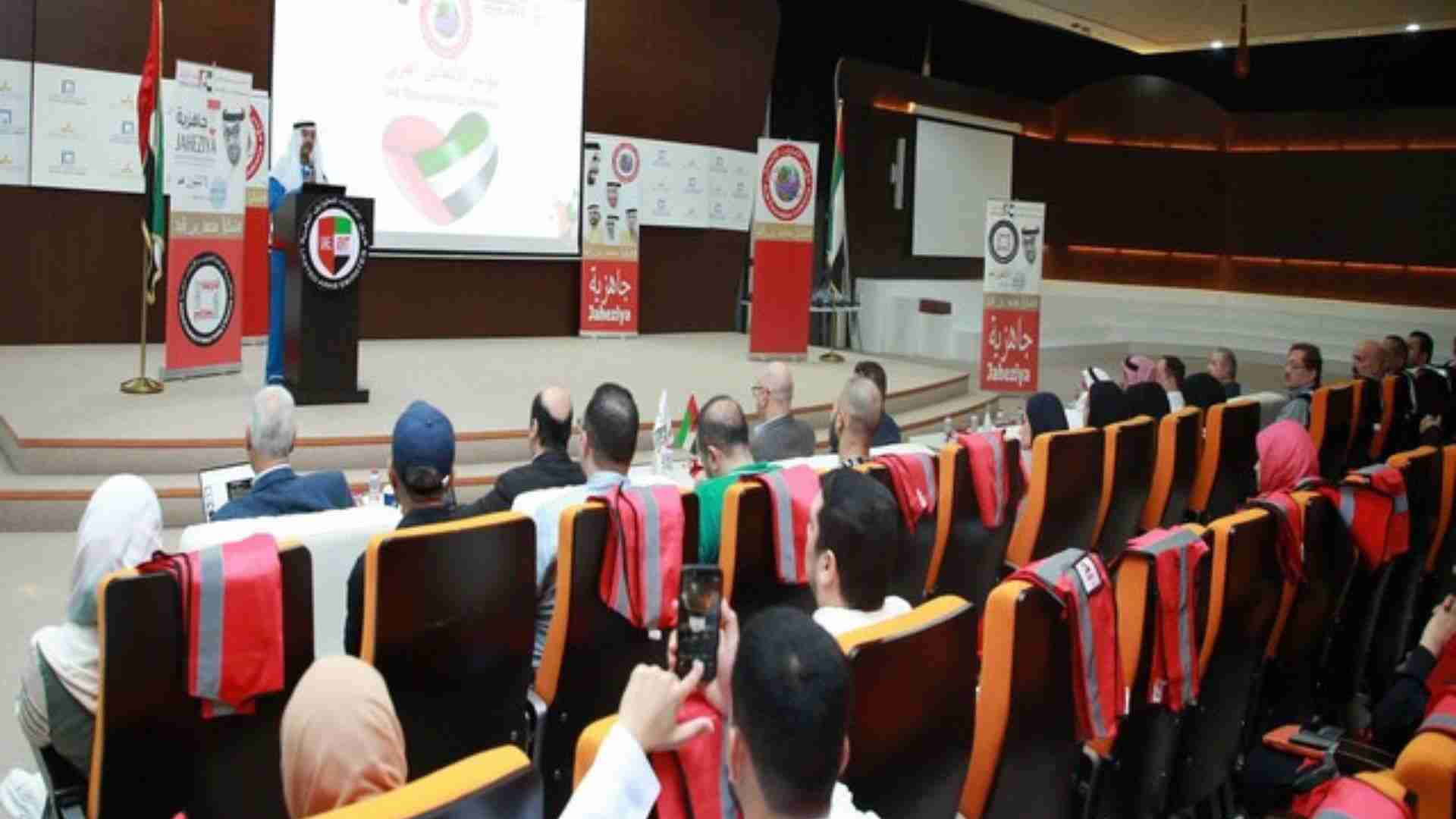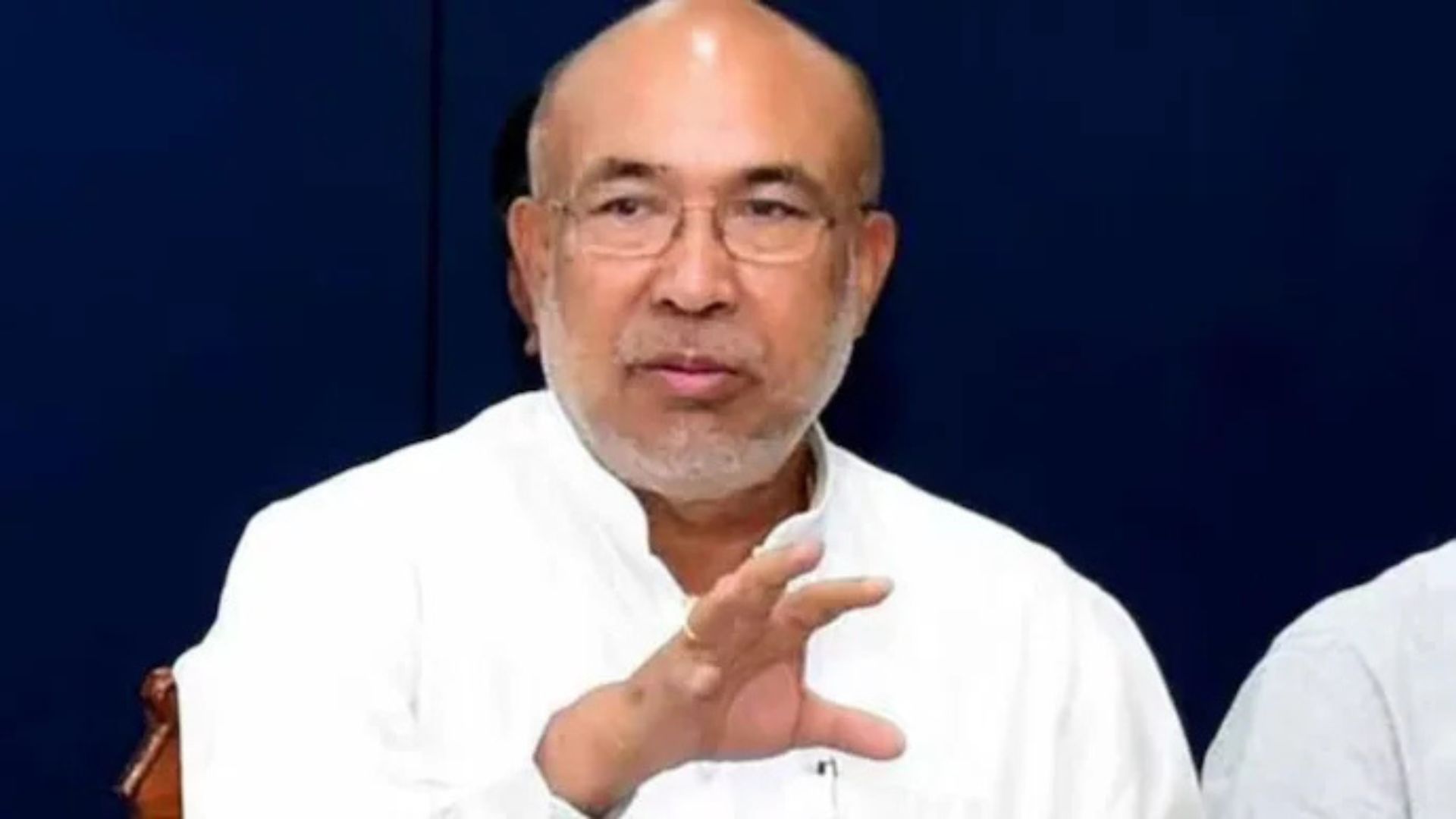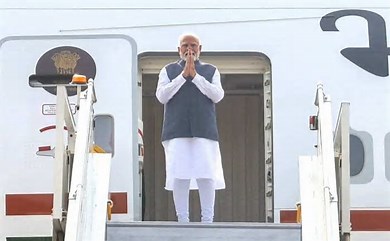This is the age of strategic autonomy in foreign policy, we are told. Our policy is all about “India first” and apparently, “strategic autonomy” helps us serve this policy. It’s but natural that any country will look after its own interests, before trying to save the rest of the world. In this direction, “strategic autonomy” has helped us, particularly in the backdrop of the Russia-Ukraine war, when in spite of international opprobrium, we have stood our ground and bought Russian oil, thus managing to keep inflation at check and keep our economy in reasonably good shape. According to latest assessments, India may escape the recession that is sucking in the rest of the world, including the West, primarily because of its decision to increase the purchase of discounted fuel from Russia. By abstaining from voting against Russia in the UN Security Council, we say that we have managed to showcase our neutrality, while insisting on an immediate cessation of violence. It is a different matter that the rest of the world does not understand our nuanced position on the Russia-Ukraine war and has “thoughtlessly” branded us as supportive of Russia’s aggression on Ukraine. Sadly, by our latest action, we are about to prove their assumption correct.
We are talking about the Vostok 2022 military exercises being held by Russia, in which we are participating. Keeping us company are China, Belarus, Tajikistan and Mongolia. We are participating in these exercises apparently to prove our strategic autonomy, to prove that we are not aligned to any bloc, and also presumably to stay in the good books of our “good” friend Russia. It’s almost as if we are not certain if our good friend will turn off the tap of components needed to maintain our defence materiel if we do not have good relations with them, just the way Putin has turned off the supply of gas to Europe. Is this why we have to participate in these exercises even if it means supping with China?
At a time when our troops are standing in an eyeball to eyeball stand-off with China’s People’s Liberation Army for over two years in the icy Himalayas, at a time when the Chinese are using salami slicing tactics to occupy our territory, when they are using their UNSC clout to block us from getting Pakistani terrorists sanctioned as global terrorists, are sending ships to Sri Lanka to spy on us, turning our name into mud by financing the most scurrilous narrative against us in the western media—in short, fighting an unrestricted political warfare against us, 24X7—what is the logic behind having military exercises with China? We are told that by holding such exercises we will be able to monitor the PLA’s military tactics and temperament. But the Chinese too will be doing the same and perhaps much more. They will not only monitor our tactics, but will also psychologically profile our soldiers, and perhaps even collect their DNA samples to find genetic characteristics and subsequently weaponize their findings. This is not science fiction; let’s not forget that US intelligence has alleged that the Chinese have been conducting unethical biological experiments in their attempt to create super soldiers.
Also, against which enemy are we participating in these exercises? Against the West? Against our Quad partners, the United States, Australia and Japan? We apparently are not participating in the maritime component of Vostok 2022 out of respect for Japan’s sensitivities, as Tokyo is unhappy that Russia is conducting these exercises near the southern Kuril Islands that are claimed by both Japan and Russia. What about respecting our own sensitivities too for a change? What about respecting the memories of the Galwan soldiers who were killed in a combat with the Chinese while trying to protect India’s territorial integrity? Galwan in 2020 has been a watershed moment for India-China relations that have moved beyond managing the differences between the two countries. It is well known that the Chinese consider all these conciliatory moves by India as appeasement of China. The common complaint from Indian think-tanks and policy analysts is that our foreign policy establishment is too cautious, too wary of angering China, because we share a 3,000 km long border with the Chinese. But did our caution stop Chumar (2014), Doklam (2017) or Galwan (2020) from taking place? The message that we are sending out is that we are too weak to stand up to the Chinese bully, allowing it to think it can get away with anything.
Also, is this the right time to participate in military exercises with Russia, when we say that we are neutral in the Russia-Ukraine war and that violence must stop? By participating in Vostok 2022, we are clearly taking sides in the Russia-Ukraine conflict. Where is the strategic autonomy in this?
Pursuing strategic autonomy is fine. The problem starts when strategic autonomy starts looking like strategic confusion.















